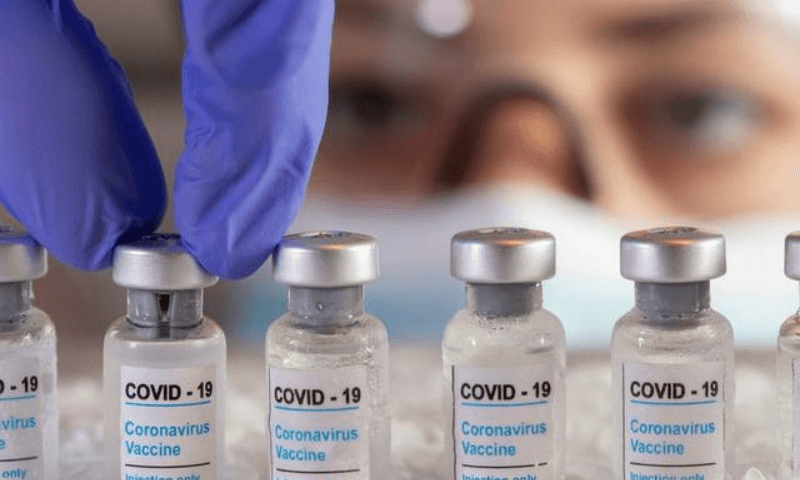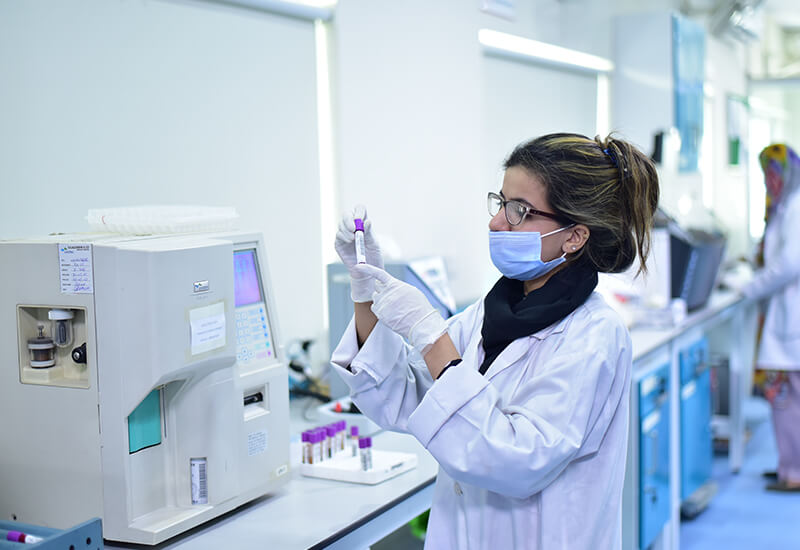Vaccine or Inoculation is a basic and successful approach to shield individuals from infections before they interact with the actual illness
A dose of vaccine contains
- the integer which is killed or weakened bacteria or virus
- Adjuvants which helps in boosting the immunologic reaction
- Preservatives and,
- Stabilizers
HOW DOES THE COVID-19 VACCINE WORK?
The vaccine works by recognizing the invading germ of the bacteria or the virus which thus aids in production of antibodies which are proteins produced by the natural immune system
These antibodies immunity against disease so when the body is in contact with the actual disease it knows how to fight with it
ARE COVID-19 VACCINES SAFE?
Vaccines we see in market has been gone through three phase testing
in PHASE 1 it has been tested on small number of volunteers
in PHASE 2 it has been tested on hundreds of volunteers and
in PHASE 3 it has been tested on thousands of volunteers
All vaccines have passed medical tests and have been approved by Drug Regulatory Authority of Pakistan (DRAP) and WHO under Emergency Utilization Listing (UEL)
TYPES OF COVID-19 VACCINES AVAILABLE:
- WHOLE VIRUS VACCINE which includes Sinopharm and Sinovac
- RNA or mRNA VACCINE which include Pfizer-BioNTech, Moderna
- NON-REPLICATING VIRAL VECTOR which include Oxford-AstraZeneca, Sputnik-V
- PROTEIN SUBUNIT which includes Novavax
All of them require 2 intramuscular doses.
SIDE EFFECTS OF COVID-19 VACCINE:
Like any other vaccination COVID-19 vaccination shows mild to moderate and short-lasting symptoms of COVID-19 such as
- Influenza
- Headache
- Muscular pain at the injection site
- Mild diarrhea
- Fever
- Fatigue
- Chills
CAN A PERSON GET COVID EVEN AFTER VACCINATION?
It is not surprising that people are still testing positive for covid-19 after getting vaccinated but the number of such cases is very small because they have developed some immunity so the severity of the illness is very less and much reduced.
VACCINATION CENTRES IN LAHORE:
Govt. of Pakistan is providing free of cost vaccination for citizens above 19 years in different centers
Around 5.36 million doses have been given in Pakistan and 1.29 million people are fully vaccinated
But it is only 0.6 % of the population of Pakistan who has been fully vaccinated
COMMON MISONCEPTION ABOUT COVID-19 VACCINE:
Common myths are rumoring around such as
COVID vaccines alters DNA
COVID vaccines causes infertility
It’s not safe because of quick rollout
Asthma patients, Pregnant women and nursing mothers can’t get the vaccine
COVID vaccine causes COVID-19
You don’t need vaccine if you had COVID
Mask and social distancing are no longer needed after vaccination
We are all vulnerable to vaccine misinformation before believing any unsure information check it against any trusted site like www.who.int


